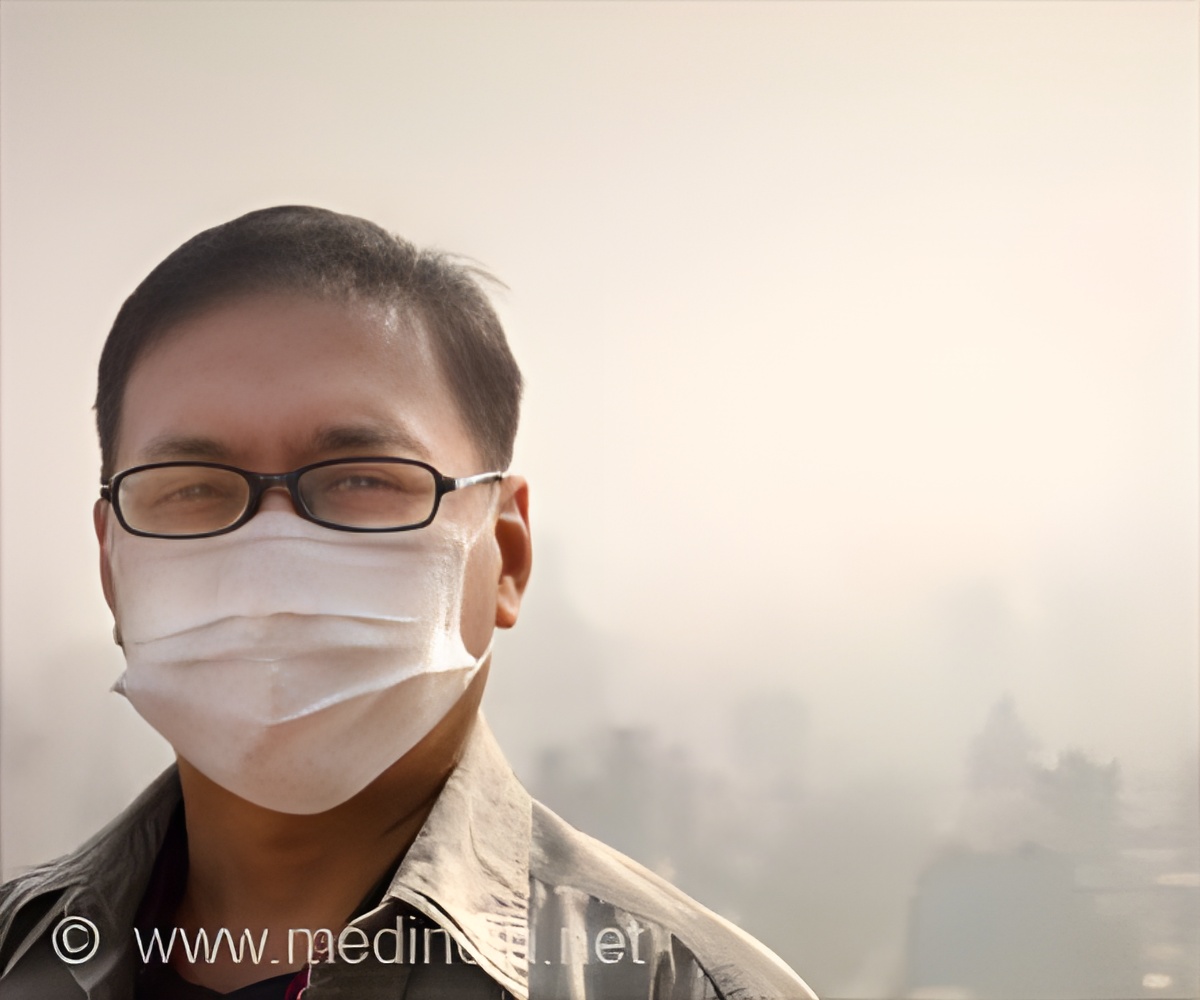
‘Dust storm affects the air quality in Delhi, the National Capital Region (NCR) which may increase the risk of developing several respiratory diseases such as asthma, chronic obstructive airways disease and heart diseases. Therefore, people are recommended to stay indoors and wear masks to prevent the harmful effects of dust pollution.’
Tweet it Now
"For people with respiratory conditions like asthma, chronic obstructive airways disease (COAD) or emphysema even small increases in dust concentration can make their symptoms worse," said R.K. Singal, Principal Consultant and Director, BLK Super Speciality Hospital.Dust particles small enough to be inhaled may cause irritation of the eyes, coughing, sneezing, hay fever and asthma attacks. Babies, young children, and elderly people are also more likely to develop health problems from long-term exposure to high levels of dust.
The NCR saw a sudden rise in heat and dust brought through winds from Rajasthan, Iran, and Afghanistan. The NCR woke up under the shade of dust with the minimum temperature at 34 degrees Celsius, five notches above the season’s average.
High particulate matter (PM) 10 levels in the capital are due to high wind speeds which have brought dust particles from neighboring Rajasthan. The real-time air quality index recorded in South Delhi’s R.K. Puram area had breached the 999 level, said Singal.
"Anything above 100 is considered unhealthy by the Central Pollution Control Board (CPCB). The average PM 10 levels were over 800 today, over four times the average air pollution recorded this month," he said.
Advertisement
"These particles usually consist of sand particles, pollens, dust, ash and other fine particles. Dust pollution is a major concern because dust can cause several diseases in humans ranging from minor allergies to fatal lung and heart diseases," said Vikramjeet Singh, Senior Consultant, Internal Medicine, Aakash Healthcare Super Speciality Hospital.
Advertisement
Dust pollution is caused by deforestation, desertification, construction, mining, dust storms and other natural and man-made processes. Apart from vehicular and industrial emissions, one of the main reasons for air pollution in Delhi-NCR is the construction dust.
People with existing respiratory and heart conditions, including smokers, are at greater risk of developing long-term health problems.
Anyone who regularly experiences shortness of breath or hay fever type symptoms from breathing dust should consult their doctor.
Source-IANS









